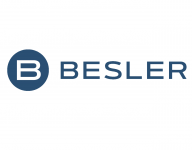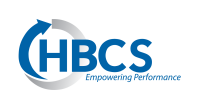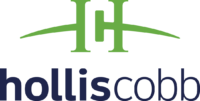Many of the HFMA members reading this blog post are likely defined as “knowledge workers” – a term coined by management guru Peter Drucker back in the mid-20th century. Knowledge workers are individuals who work with their heads, not their hands (maybe other than to utilize Excel and PowerPoint to the point of exhaustion) to plan, contribute, and disseminate important pieces of knowledge. Combined with our roles as leaders in various capacities, and it follows that in addition to our daily responsibilities, we should also function as knowledge hubs in our organizations. This is easier said than done; every day we are inundated with information that may or may not be relevant. To become more effective and insightful leaders, it is crucial that we all take time to step back from our screens to self-reflect, think, and further develop our understanding of our businesses from various different lenses to refine our outlooks and strategies, in order to better filter the information we perceive.
To navigate this maze, it is important to not go it alone. There are few industries as heavily regulated and as complex as healthcare, and it is difficult, if not impossible, to be up-to-date on every facet of our business. One of the greatest benefits that HFMA members have is the access to a network of seasoned professionals and subject matter experts. As such, when opportunities such as the Accounting and Regulatory Technical Update arise, it offers an opportunity to discuss overarching strategy, cybersecurity concerns, and accounting changes in this increasingly data-driven and dynamic industry.
The upcoming Accounting and Regulatory Technical Update is on October 19th, 2018 at the Doubletree Hilton in Westborough, MA. Please sign up, be a part of the conversation, and help us build our HFMA chapter into a fantastic resource for all of our members! As knowledge workers, we should be mindful of the role we play, and how to continuously improve not only our workflows and margins, but the way we think about our world. There is no better way to do so than to share examples and network across similar-minded individuals in the region – further enhancing our ability to act as “knowledge hubs” to bring back new information to our organizations.
Looking forward to seeing you there!















